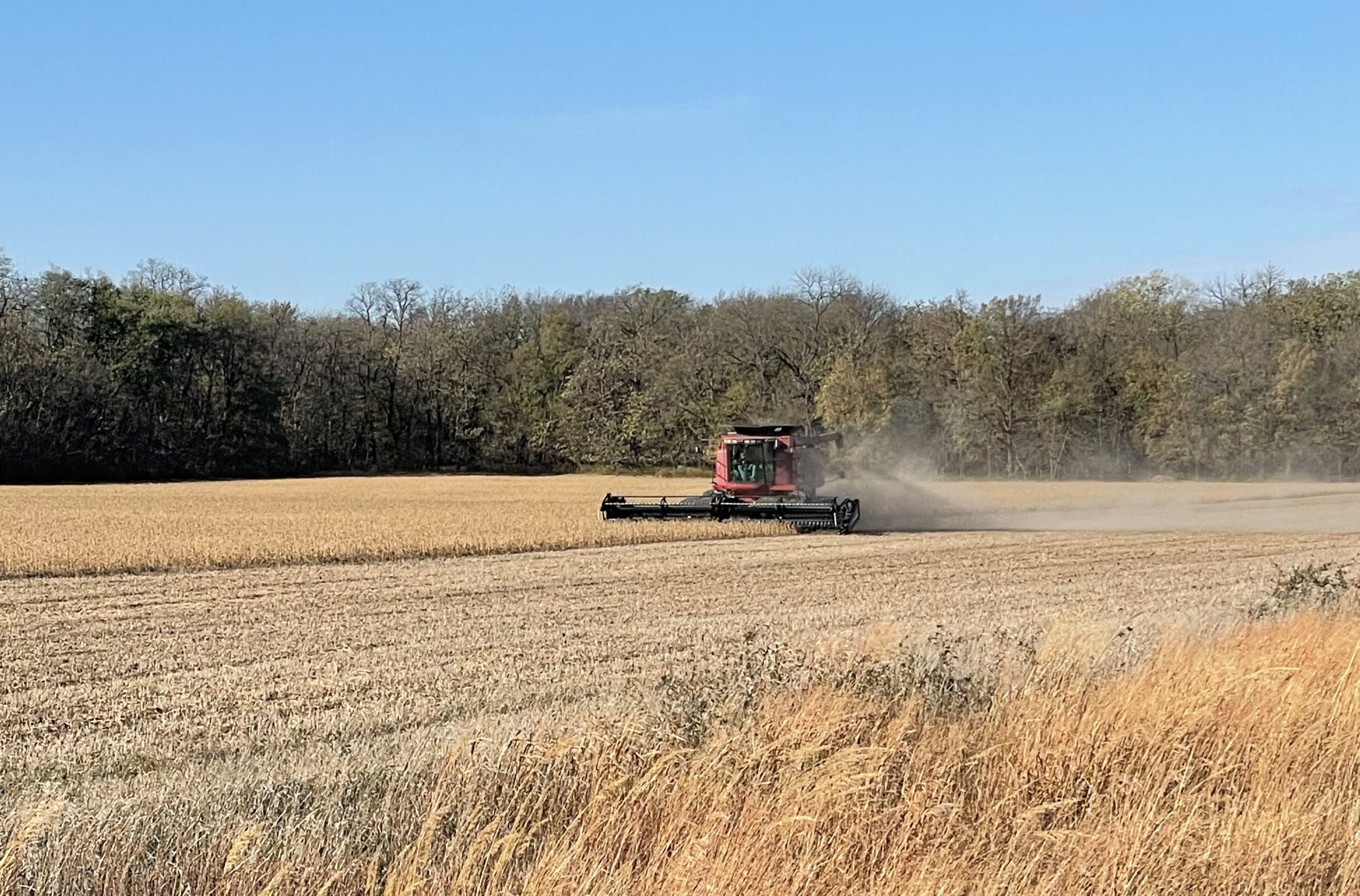Members of the International Longshoremen’s Association walked out on Oct. 1, shutting dozens of ports and terminals along the East and Gulf Coasts.
The action was expected after talks broke down between the ILA and U.S. Maritime Alliance in June over pay issues and automation. The strike was the first by the union since 1977.
According to the USMX, the strike initially involved about 25,000 workers. The ILA has about 45,000 members altogether. Since talks broke down in June, shippers and importers have been preparing by stockpiling goods. The ILA has repeatedly said it is not willing to extend the most recent contract to provide more time for negotiations.
Mike Steenhoek, executive director of the Soy Transportation Alliance, said, “We hope the ILA and the USMX can achieve an agreement that benefits both parties. As with most negotiations, some compromise will likely be required. While we are not taking sides between the dockworkers and the port operators, we clearly are on the side of the American farmer, and what is in the best interest of the American farmer is to have a supply chain that facilitates their ability to meet the needs of our international customers, rather being an impediment to it. Unfortunately, the current strike on the East and Gulf coasts is one more obstacle to farmers being profitable.”
U.S. Sen. Jerry Moran (R-KS) wrote urging Biden to intervene, “As you know, any delay at our maritime ports inland or otherwise due to contract negotiations will impact nearly every industry and countless jobs within Kansas and throughout the country, from retail and manufacturing to agriculture and transportation. … Your administration can step in today to mitigate these consequences.
“In Kansas, countless industries depend on the free movement of commerce domestically and internationally. Kansas continues to be a net exporter of goods, with over $14 billion of goods from the aerospace industry, agricultural food, fiber, fuels, and machinery parts reaching international trading partners. All of our trading partners depend on the timely and efficient receipt of goods. Of particular concern is the ability of Kansas farmers to move their goods for humanitarian efforts in countries in greatest need. Similarly, Kansas depends on imports so that our farmers and ranchers receive critical inputs like fertilizer and crop management tools that allow growers to produce the highest quality food, fiber, and fuels.”
Administration not ready to intervene
The action could impose costs on the U.S. economy that JP Morgan equity analysts estimate at between $3.8 billion to $4.5 billion a day. Virtually every farm and agricultural group—joining trade and business groups—sent a letter asking the Biden administration’s Labor Department to impose a solution. The Taft-Hartley Act allows the federal government to order striking workers back to work for 90 days while collective bargain continues. But the administration has refused to intervene so far. When asked on CNN what would happen if the strike lasted longer than a week, Secretary of Commerce Gina Raimondo answered, “I have not been very focused on that.”
The Department of Transportation posted a statement Oct. 1 that read, “Since early summer, DOT’s Multimodal Freight Office has been engaged with shippers, ocean carriers, ports, railroads, and other supply chain partners on the potential impact of a strike. Under the Biden-Harris Administration, DOT has established strong relationships across the supply chain to address bottlenecks—from disruptions caused by the COVID-19 pandemic to the closure of the Port of Baltimore—and continues to communicate with partners on every level of the supply chain. Our Administration supports collective bargaining as the best way for workers and employers to come to a fair agreement, and we encourage all parties to come to the bargaining table and negotiate in good faith—fairly and quickly.”
Affected sectors
About $1.4 billion in containerized agricultural goods passes through East and Gulf Coast ports each week. The strike will immediately affect containerized and automotive cargoes, and seasonal refrigerate items, but its price effect might not show up immediately. Experts say about 70% of stocks for holiday sales are already in warehouses. Most affected are perishable seasonal fruits like bananas and cherries, furniture, liquor and other containerized goods. Chilled and frozen meat exports could be affected.
Most corn and soybeans move in bulk shipments. Bulk terminals operate under a different contract, and not all Gulf terminals are unionized. However, close to 10% of soybean exports now move in containers as growers produce more premium identity-preserved varieties as they move up the value chain.
Pay issues
ILA Dock workers earn a base pay of $39 an hour, but with overtime that often amounts to six-figure salaries. According to the Wall Street Journal, 665 dockworkers in the ports of New York and New Jersey earned more than $250,000 in 2020. Longshore workers are demanding a 77% raise over three years and also an end to all automation of cranes, gates and trucks, which they believe threatens their jobs. The union called an offer of a 40% increase “insulting.”
Union leaders claim terminal operators reaped billions in windfall profits beginning in the COVID lockdowns while their own pay stagnated. Ocean carriers have also earned huge profits from cargo rate increases, they say, due to Houthi attacks on Red Sea shipping, forcing many ships to take longer routes.
In anticipation of the strike, retailers have been stockpiling goods and rerouting shipments to West Coast ports, whose longshore workers are represented by a different union. Some of those union members have said they won’t work diverted container vessels. But at least one port official claims there is no way for those West Coast workers to identify diverted vessels.
The strike may interfere with imports of road salt and other winter supplies. But the ILA said a strike would not affect either military support vessels or cruise ship services. Shipments of oil and gas at Gulf Coast ports will also remain unaffected.
David Murray can be reached at [email protected].



